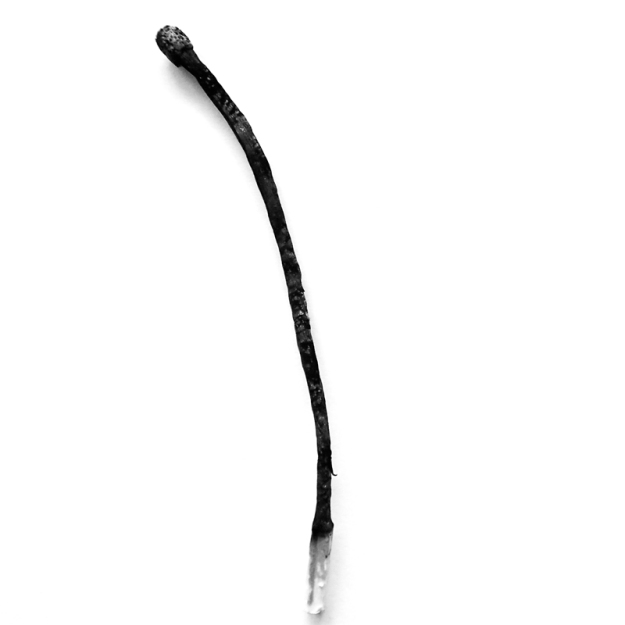Hi Jenny – I have been having such fascinating email correspondence with the contributors to this project, particularly with Sara Maitland, (she wrote ‘On Silence’ and other books) who is, or was, going to contribute words, but now has come to the conclusion that a prose interpretation of a film-poem is impossible. Her email begins ‘I surrender’. She has approached the idea of interpretation with such integrity that it has prevented her making one; and I see where she is coming from and respect her for it. One particular aspect that she brings to the debate is – should an interpretation be able to be interpreted back again? Hmmmm… I look at everybody’s interpretations and see that they couldn’t, so then I wonder, were we right to use the word ‘interpret’ at all? Would an interpretation in words only be possible if one wrote a description? Perhaps Sara is right, it is the ‘being a poem’ rather than a prose piece that makes it possible. Joan McGavin’s lyrical poem comes closest to ‘an interpretation’ so far. Anyway I do see how the idea of interpreting back again, once lodged in the brain, would make life difficult, if not impossible.
As you said in your last post, ‘when we sent out the brief to our poets and musicians, we only asked if they could think about how their bodies might become part of the interpretation. We didn’t even know whether it would be possible to produce an interpretation ‘from the body’. I wonder, Jenny, how you will respond to what she has written here:
‘Where we seem to be at odds is that I think of my eye certainly, but also my brain as part of my body. (If you turn off your brain you are dead – this is a biological fact.) Is it interesting that in little (partial) brain deaths – strokes, heart attacks, severe concussions – it is most usually language that goes? (This is followed by the sense of “touch/feeling”; and then taste. Sight and smell seem to be the senses least affected – and language the most.) One point here though is surely that “speech/language” is NOT an embodied sense (like sight, hearing, feel, taste, smell); it is an output (a response to external stimuli) and it is entirely cultural/social and, if I may and in very small letters, necessarily intellectual. Unlike the “senses,” language takes a long time to learn, can only be learned through models, and is almost entirely “abstract” (there is no embodied connection between the word for a thing and the thing itself. “Embodied language” feels a slightly odd concept to me. This is part of the reason why I was so fascinated by your project and why I am longing to see how other writers managed this (to me now, though not before I had embodied my own failure) internally contradictory “stunt.” (Stunt is meant in an entirely positive way – like any other “skilled practice.”)’
In response I would say that Claire Hillier’s piece ‘Sestina’ (which she wrote for Elemental Dialogues – Fire) was truly an embodied interpretation, both from the writers point of view and for the viewer too… So from Sara we will have to accept her words about the process rather than the results of it, (which I have much enjoyed) though I was so looking forward to what she might have written as her interpretation. Meanwhile I am still in correspondence with Sebastiane about the title of his piece which desperately (to my mind) needs a title. He would like to call it ‘Air struck gently away from the body’. Some, no doubt, wouldn’t have a problem in interpreting this as being the instructions for striking a match, but I am not sure it would have struck home for me. BUT Sebastiane has sent a picture which is perfect I think. Don’t you? (And beautiful). 